EVN will continue to pay off the two loans of nearly 3 million USD from A0 and will be repaid when the newly established company has revenue from market operation and regulation services.
According to the draft project of the State Capital Management Committee, the National Power System Dispatch Center (A0) after separating from Vietnam Electricity Group (EVN) will become the National Power System and Market Operation Company Limited (NSMO), under this Committee before being transferred to the Ministry of Industry and Trade.
EVN is providing A0 with nearly $3 million under a World Bank loan agreement for projects including a new power system dispatch center and information infrastructure for the competitive power generation market.
According to the A0 separation project, these loans are not subject to credit risk and the assets formed are being mortgaged to re-lending agencies authorized by the Ministry of Finance. In a report recently sent to the Capital Management Committee, EVN said that these two loans can transfer debt obligations to NSMO when approved by the Prime Minister, according to regulations on public debt management. That is, the company after establishment will sign a re-loan contract, a contract for mortgaging assets and repaying debts with the re-lending agency. During the time of completing the debt obligation transfer procedures, EVN will continue to repay the debt to the re-lending agencies and NSMO will repay this group.
But the current problem is that there is no legal guidance in case EVN continues to pay its debt, maintain its contractual obligations to re-borrow ODA capital to the Ministry of Finance and handle debt between the two enterprises.
This group analyzed that when transferring the assets using ODA loans in their original condition, the depreciation costs will be transferred to NSMO, and EVN will no longer have a source of revenue to repay the principal of the loans to the Ministry of Finance. Therefore, EVN proposed that the Ministry of Finance accept the proposal to transfer the debt obligation to NSMO. In case the Ministry does not accept, there will be instructions on handling and accounting for the outstanding loan balance, interest payment obligations and loan fees between the two units.
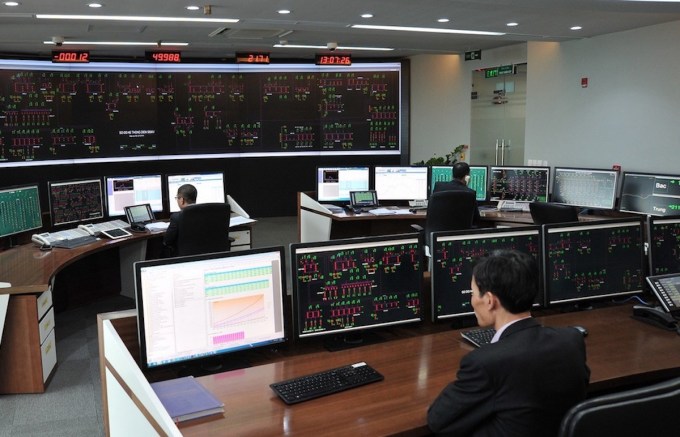
Technical staff on duty at the National Power System Control Center (A0). Photo: EVN
The charter capital at the time of establishment of the National Power System Control Company, after A0 separated from EVN, was 776 billion VND, but the capital until 2028 has not been clearly determined.
After reviewing and calculating the investment needs for 2024-2028 and counterpart capital for projects, EVN proposed two options for the annual increase in charter capital of NSMO.
Option 1 , 30% counterpart for projects of about 1,426 billion VND, then NSMO's charter capital is 2,202 billion VND in 2028.
Option 2 , charter capital in 2028 is 2,677 billion VND, if counterpart capital for projects is 40% (about 1,900 billion).
In the initial stage of establishment, NSMO's capital mobilization is expected to be difficult. Therefore, EVN recommends that the State Capital Management Committee at Enterprises choose option 2. The source of additional charter capital will be decided by the owner's representative agency - the Ministry of Industry and Trade, based on the annual determination of charter capital and sources from the development investment fund and the state budget.
In addition, the group also proposed to hand over additional assets, about 24 billion VND through two projects that other units are investing in, so that A0 has more resources.
The new company, after leaving EVN, will have revenue mainly from the costs of power system dispatching and operation (SMO) and electricity market transaction management. These mechanisms are currently being developed by the Ministry of Industry and Trade. However, this is a special enterprise, operating not for profit, so operating costs (including development investment) are collected from units in the electricity industry, and included in the electricity price.
"During the transition period, the costs of regulating and operating the electricity market must be decided by the State and specific prices must be set according to the Law on Prices," EVN proposed.
Specifically, the system dispatching costs and prices will be included in the annual retail electricity price plan to be collected from electricity customers. NSMO and EVN will sign a service contract during the transition period based on the approved costs. The monthly dispatching cost payment will be issued by the Ministry of Industry and Trade.
The group also proposed that the Ministry of Industry and Trade create a mechanism for A0 to access low-interest loans, long grace periods and principal repayments after leaving EVN, to ensure the maintenance and development of infrastructure and production equipment.
For example, investment projects of enterprises in the early stages of separation from EVN need special mechanisms (exemption from some loan conditions) to borrow capital from the Vietnam Development Bank or commercial banks.
For projects requiring large capital, investment projects until 2030, in addition to the self-arrangement capacity of enterprises, the Prime Minister, ministries and branches consider mechanisms to support investment capital arrangement for NSMOs through public investment sources, ODA, guarantees or support loan mechanisms for construction investment projects that NSMOs implement.
Regarding the 5-year production, business and investment development plan (revenue, costs and profits), EVN calculates that each year NSMO needs 332 billion VND in average capital costs, and 379 billion for regular costs in the period 2024-2028.
Three options for the company's standard profit were proposed, including 3%, 10% and 15%. Of which, the standard profit when the company was established was about 3% of the owner's equity, corresponding to the standard profit of the current average retail electricity price. After the revised Law on Prices takes effect, this profit will be included in the regulations on price regulation and operation of the electricity market developed by the Ministry of Industry and Trade.
A0 was established in 1994, operating the transmission and distribution of electricity to ensure the safe and stable operation of the power system. This unit is also responsible for operating power plants; exploiting and regulating reservoirs; and handling incidents in the 500 kV power system.
The separation of A0 from EVN was stated in the Decision on restructuring the electricity sector in 2017 but has not been implemented. The transfer of this unit to the Ministry of Industry and Trade was carried out at the request of the Prime Minister.
Source link








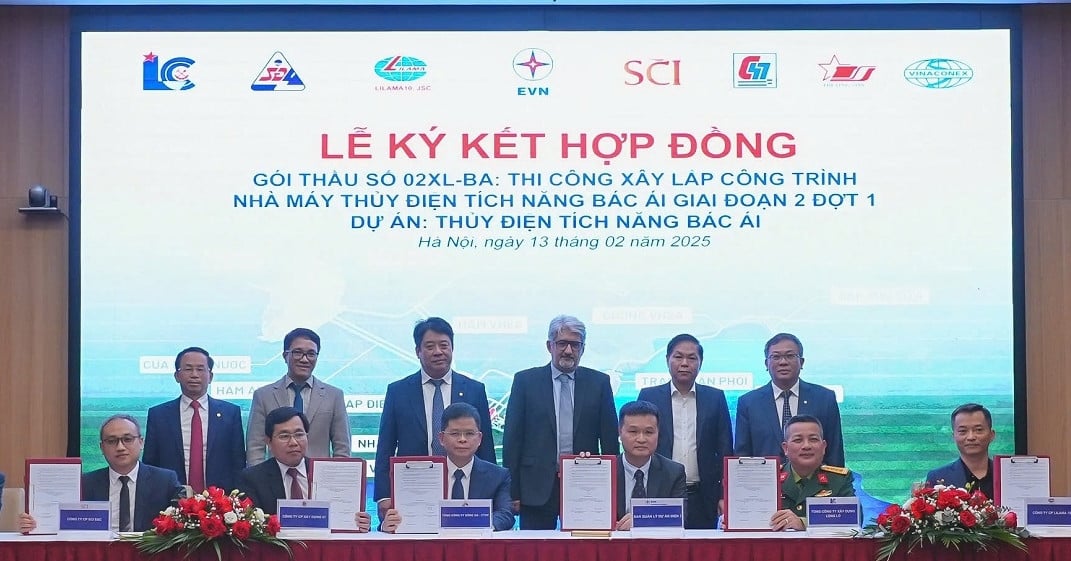

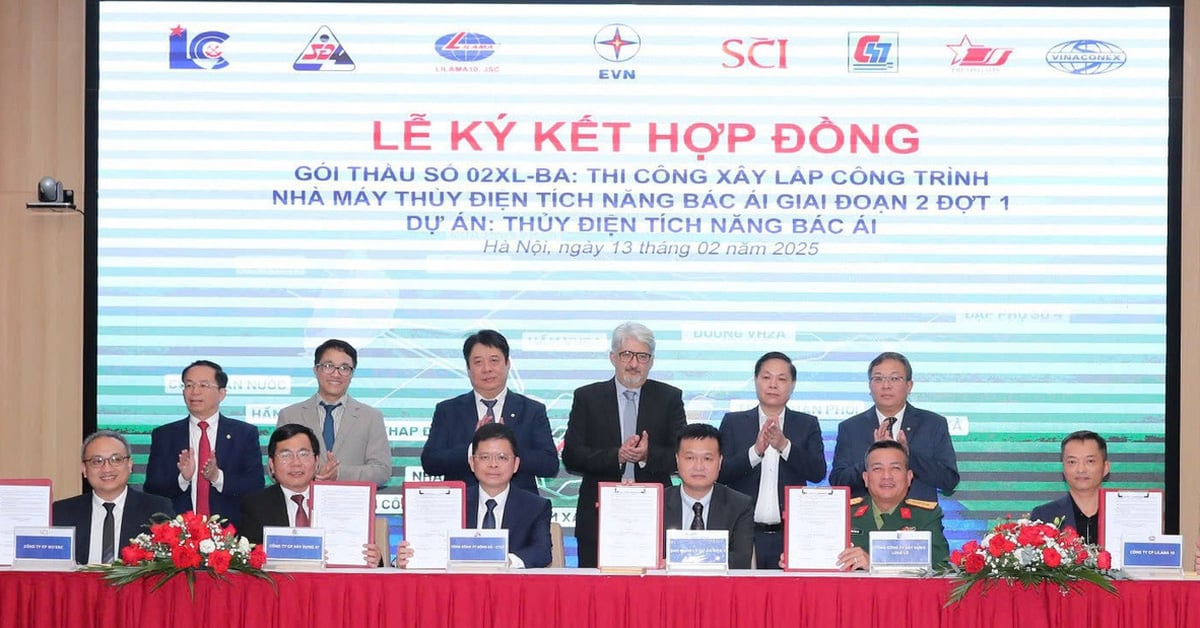

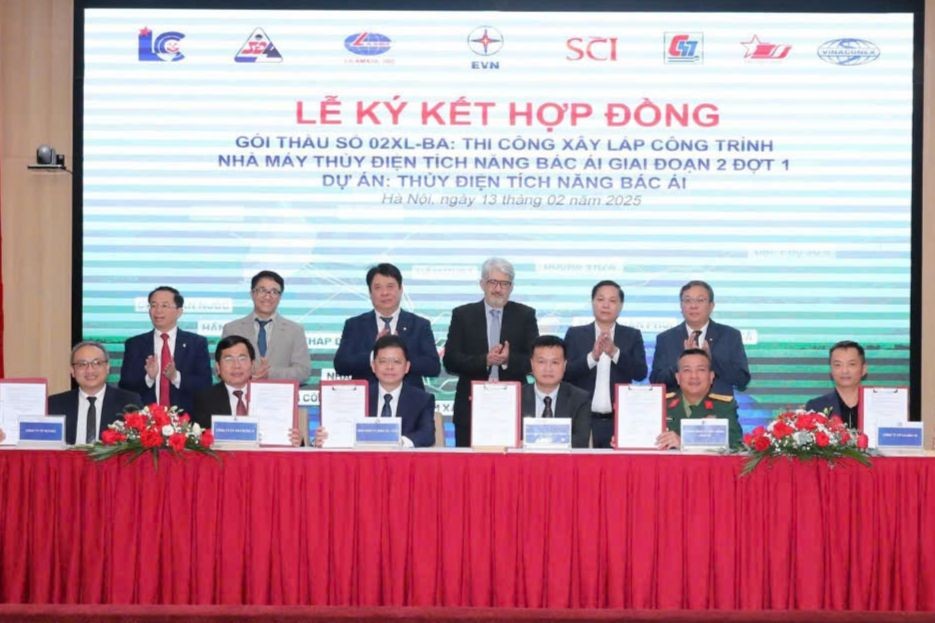

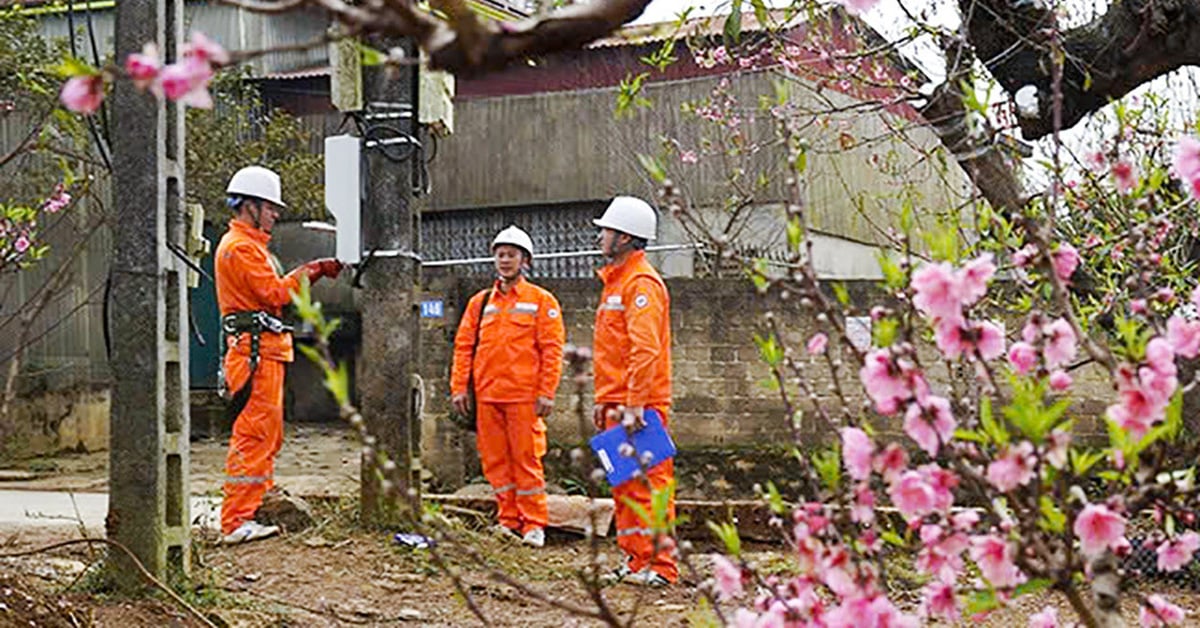
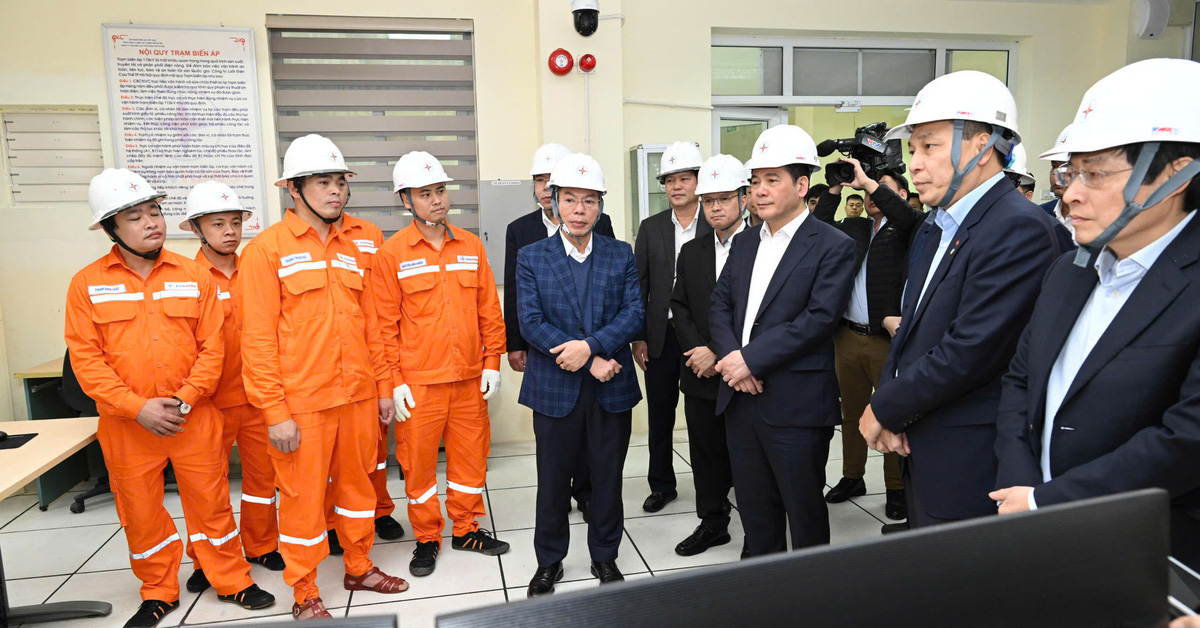
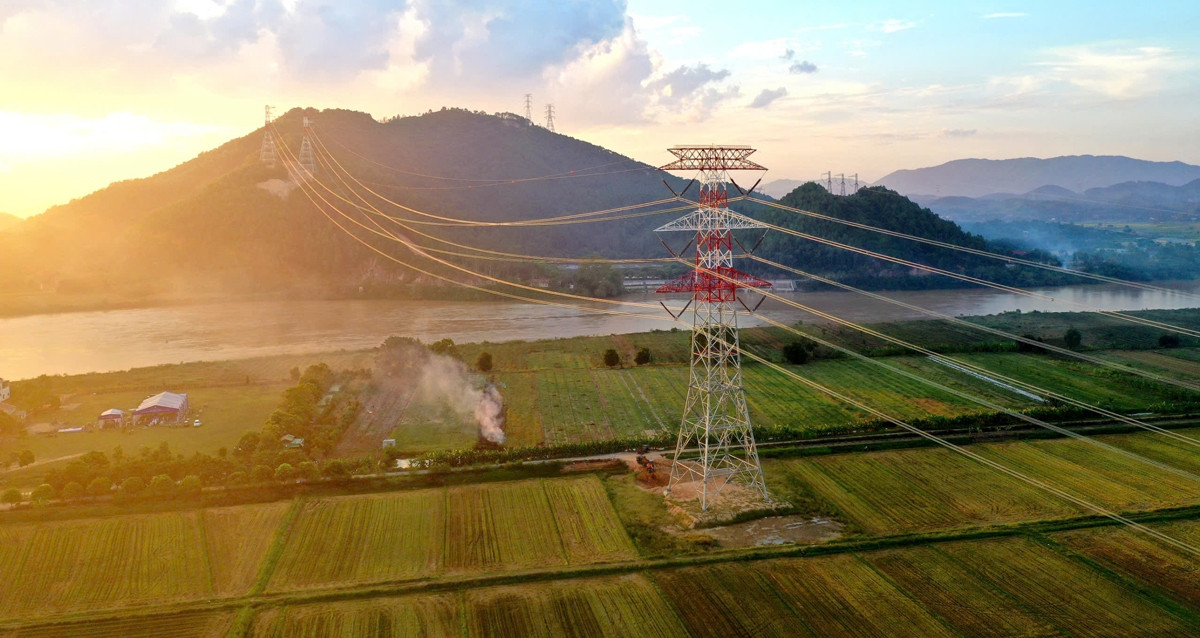
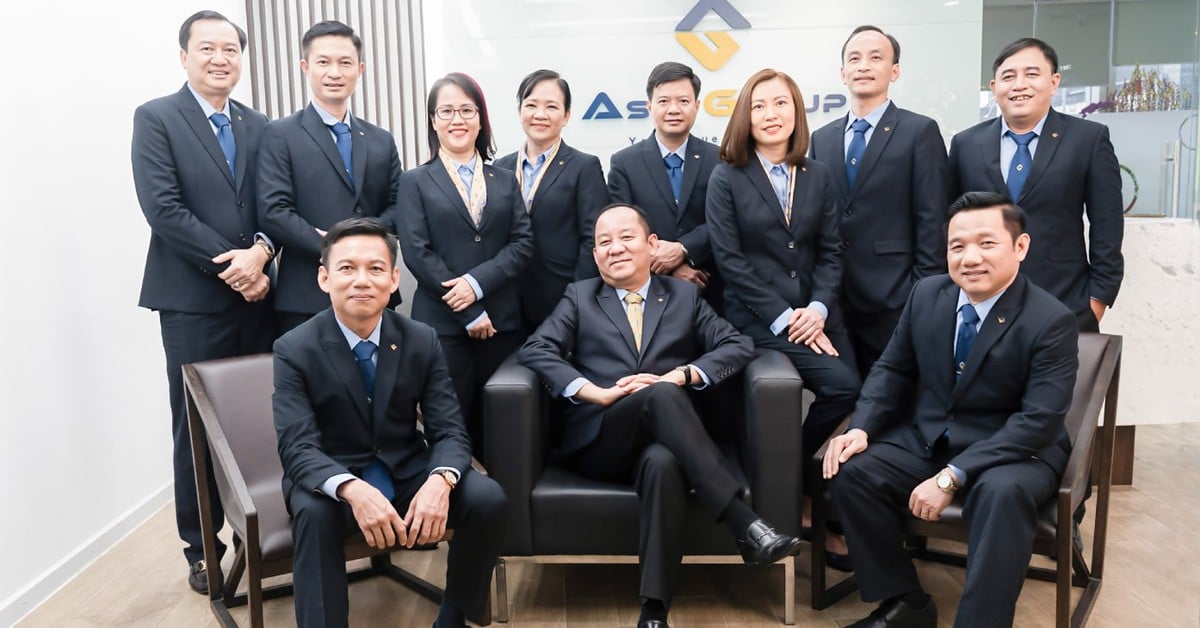
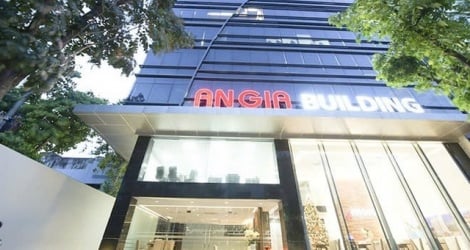



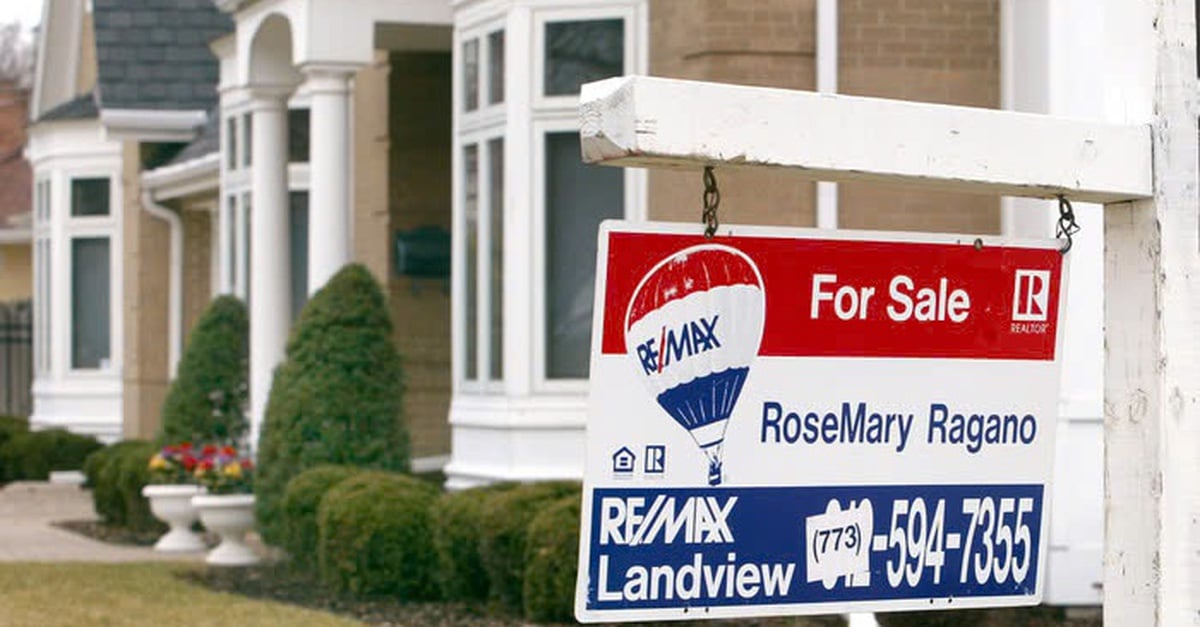







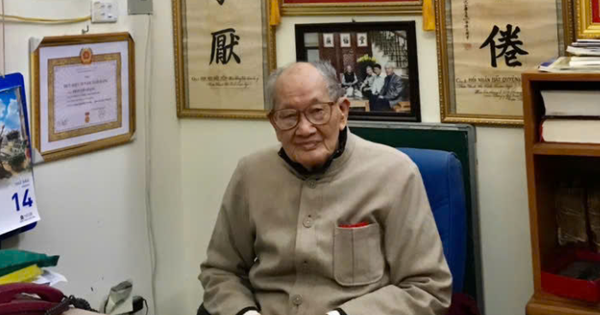










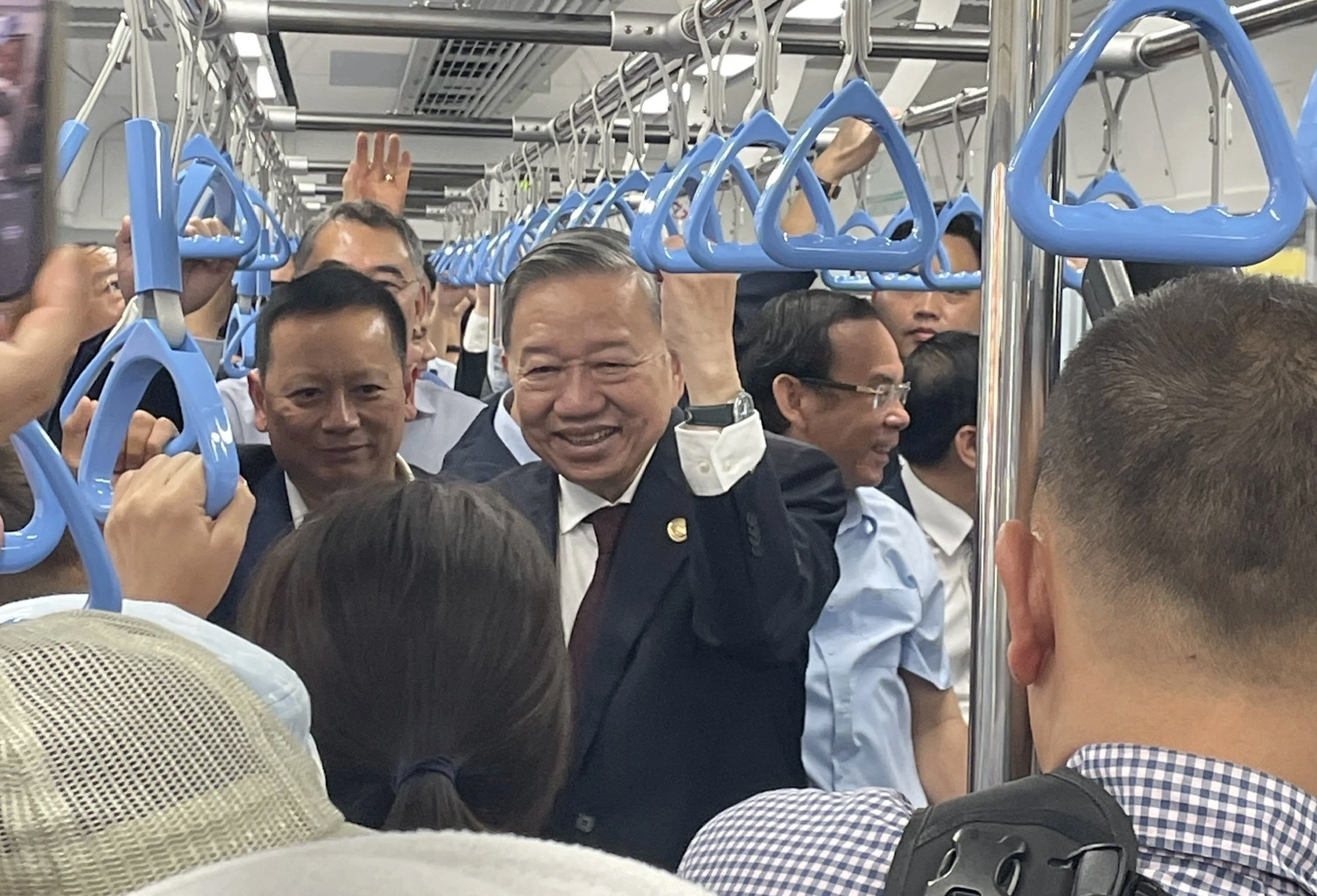

Comment (0)